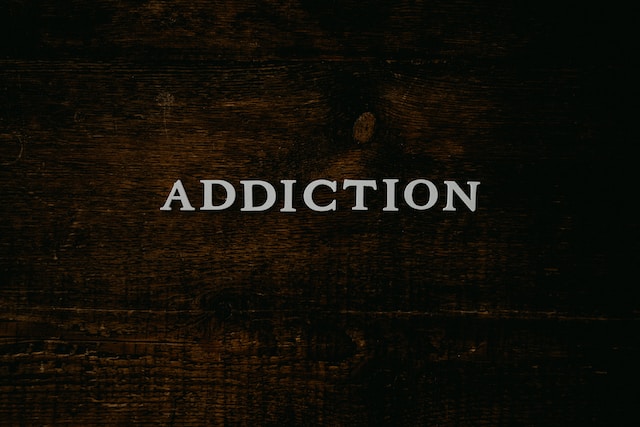Are you struggling with a serious addiction that is making it hard for you to get your life back on track? If so, then you are not alone. Addiction can be complicated to overcome and with the right approach, anyone can take control of their life and regain their independence. In this blog post, we will look at how proper professional assistance paired with supportive personal relationships can help equip individuals to beat an addiction and ultimately get their lives back on track.
We’ll explore what works (and what doesn’t) when it comes to putting relapse prevention strategies into place, plus provide guidance for finding support networks and accessing additional resources should they become necessary down the road. So if you or someone close to you is dealing with a serious addiction problem, read on—this article could make all the difference!
Find a way to cope with stress without using drugs or alcohol
Stress is something that we all have to deal with at some point in our lives. It can be caused by anything from work-related deadlines to personal relationships. While it’s tempting to turn to drugs or alcohol to cope with these feelings, it’s important to explore your options for healthier ways to deal with stress. One option is to try stress-reducing techniques such as meditation or yoga.
These practices can help to calm your mind and improve your overall well-being. Another helpful tip is to make time for activities that you enjoy, such as reading or spending time outdoors. Engaging in these activities can help to take your mind off of your stress and give you a much-needed break. Ultimately, remember that it’s important to prioritize your mental health and find healthy ways to cope with stress, rather than turning to substances.
Get help from a professional
Addiction can be a challenging obstacle to overcome alone, so recognizing the signs and getting help from a professional can make all the difference. Recognizable signs of addiction include increased tolerance, withdrawal symptoms, and a loss of control over substance use. If you or someone you know is experiencing these symptoms, it’s important to seek professional help as soon as possible.
Certified addiction professionals can work with you to develop customized treatment plans and offer support throughout the recovery process. Remember, addiction is a treatable illness, and it’s never too late to ask for help.
Identify triggers that make you want to use
Identifying the triggers that lead to addictive behavior can be a difficult process, requiring a great deal of self-awareness and reflection. Whether it’s the sight of a familiar location, the smell of an old hangout spot, or the stress of a particular situation, these triggers can be powerful forces, tempting us to return to old habits and patterns.
The key to avoiding them lies in recognizing them for what they are and developing healthy coping mechanisms to address them. By taking the time to understand these triggers and the impact they have on our behavior, we can take steps to avoid them and create a path toward a healthier, more fulfilling life. So, it’s important to identify the triggers that lead us to want to use and develop a plan to avoid them whenever possible.

Support from friends, family, or support groups
During times of struggle, reaching out for support from those around us can make all the difference. Whether it be friends, family, or support groups, having someone to talk to can alleviate some of the weight we carry on our shoulders. These people can provide us with a different perspective, offer helpful advice, or simply be a listening ear.
It’s easy to feel like we need to handle everything on our own, but the truth is, nobody can do it alone. So don’t be afraid to ask for help when you need it, and know that there is always someone out there who cares and is willing to support you.
Removing anything associated with your addiction
The road to recovery from addiction can be a challenging one, but one crucial step is creating a positive and supportive environment. This means removing anything that may trigger you or remind you of past addictive behaviors. It may seem daunting to remove certain items or even people from your environment, but doing so can help you stay on track toward achieving your recovery goals. Creating a space that promotes positivity and healthy coping mechanisms can make all the difference in your journey towards a healthier and happier life. Remember, you are in control of your environment and can create the optimal setting for your recovery.
Addiction is a serious issue that can affect anyone, from any background. It takes tremendous strength and courage to recognize addiction, take the necessary steps to get help and embark on the journey toward recovery. It doesn’t have to be done alone – having a supportive network of family and friends is a great way to help cope with cravings and maintain sobriety. If you or someone you know is struggling with addiction, it’s never too late for change and there are many resources available to assist.
Remember, taking control of addiction is possible as long as you dedicate yourself to self-care, understand your triggers, explore new coping strategies for stress, and seek out help when needed. Get the support you need today – reach out for assistance in recovering from substance abuse and start living life clean.
